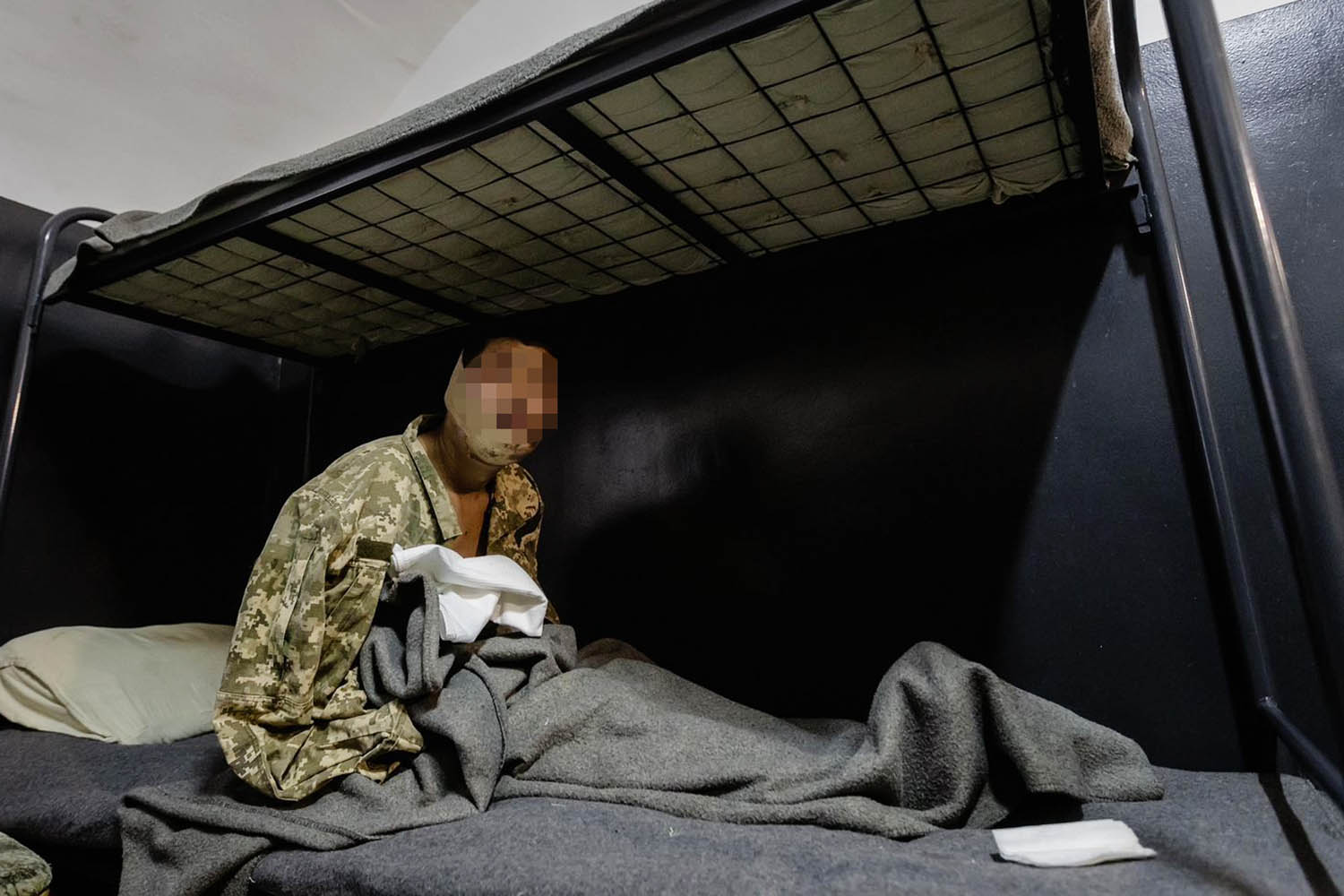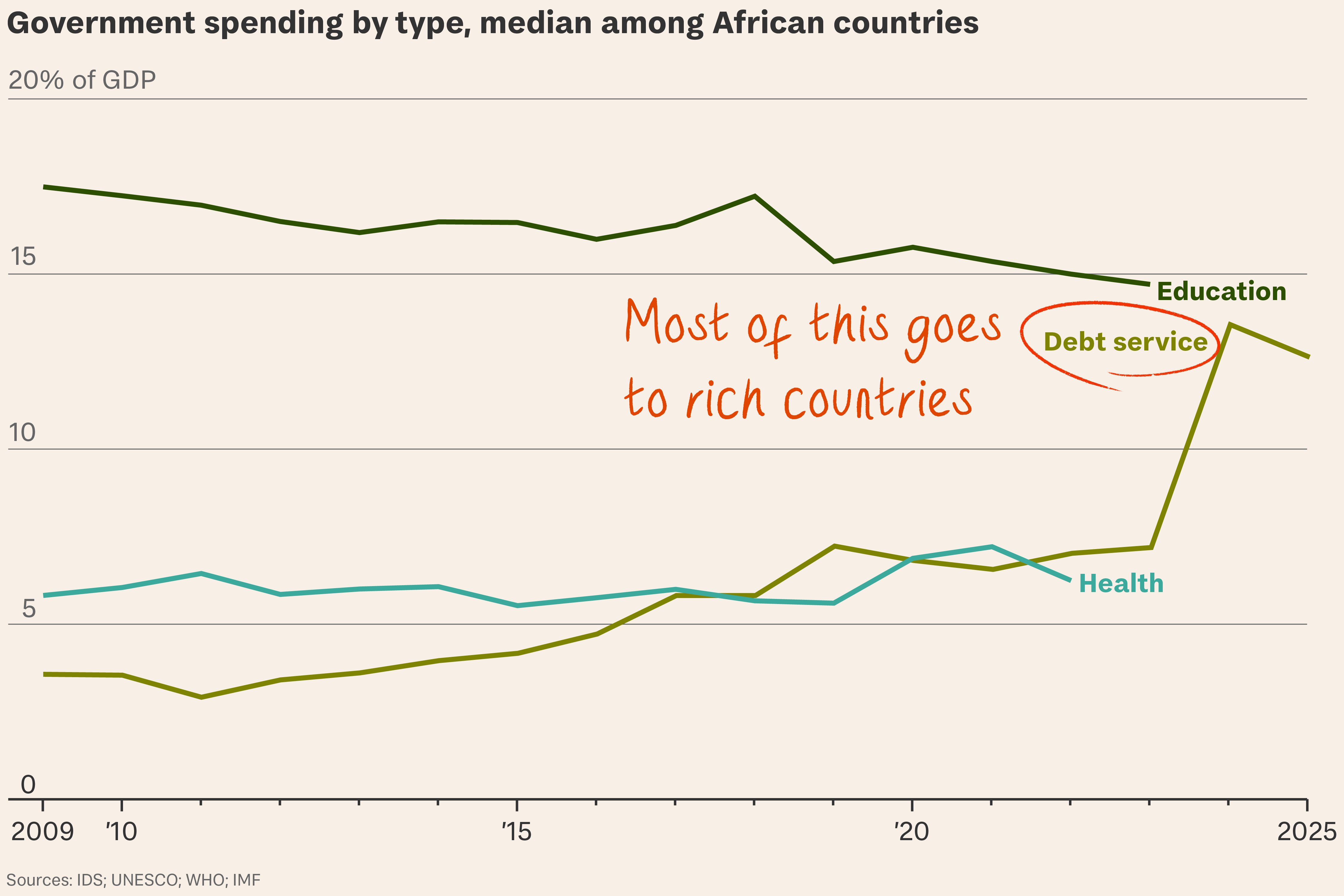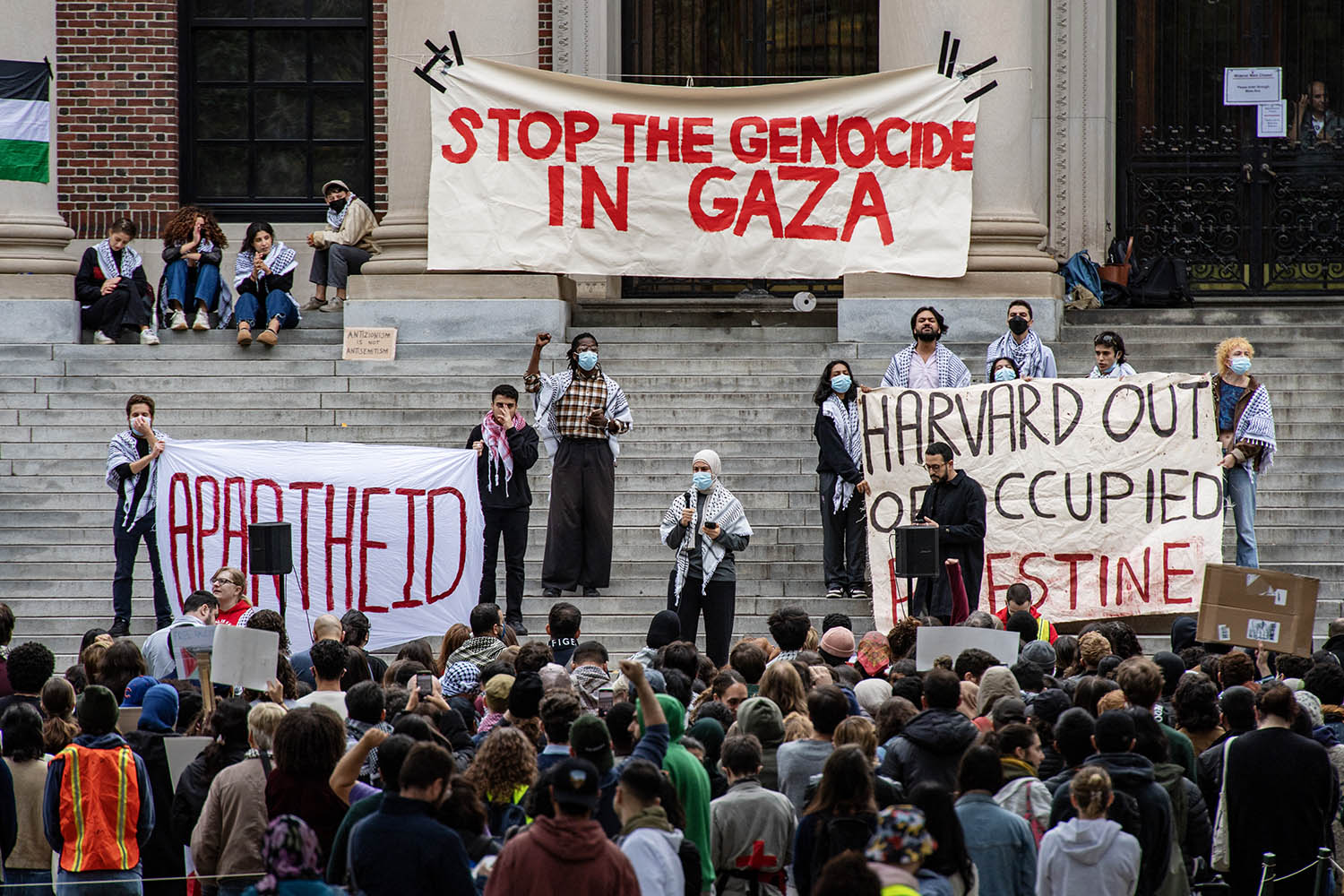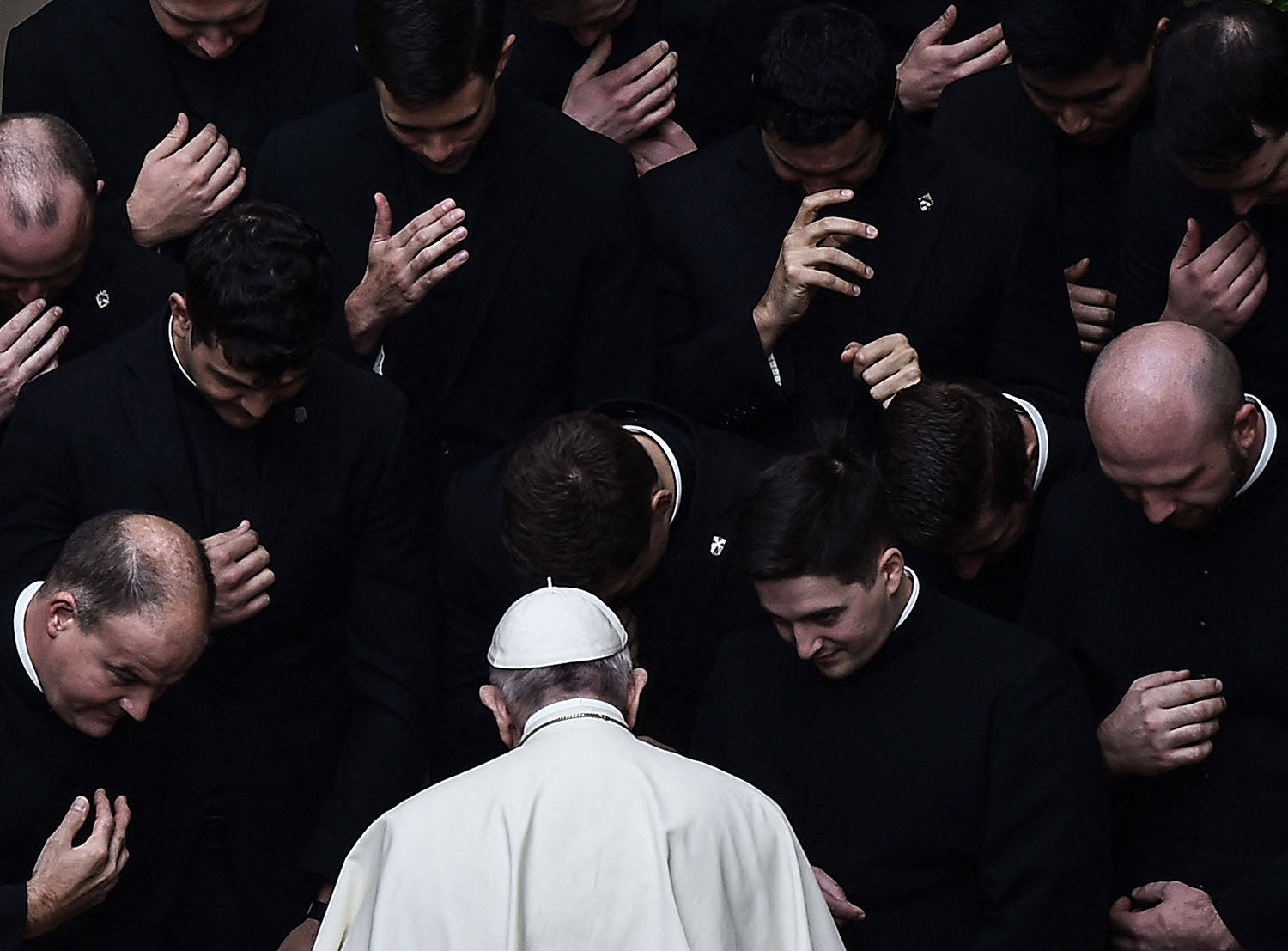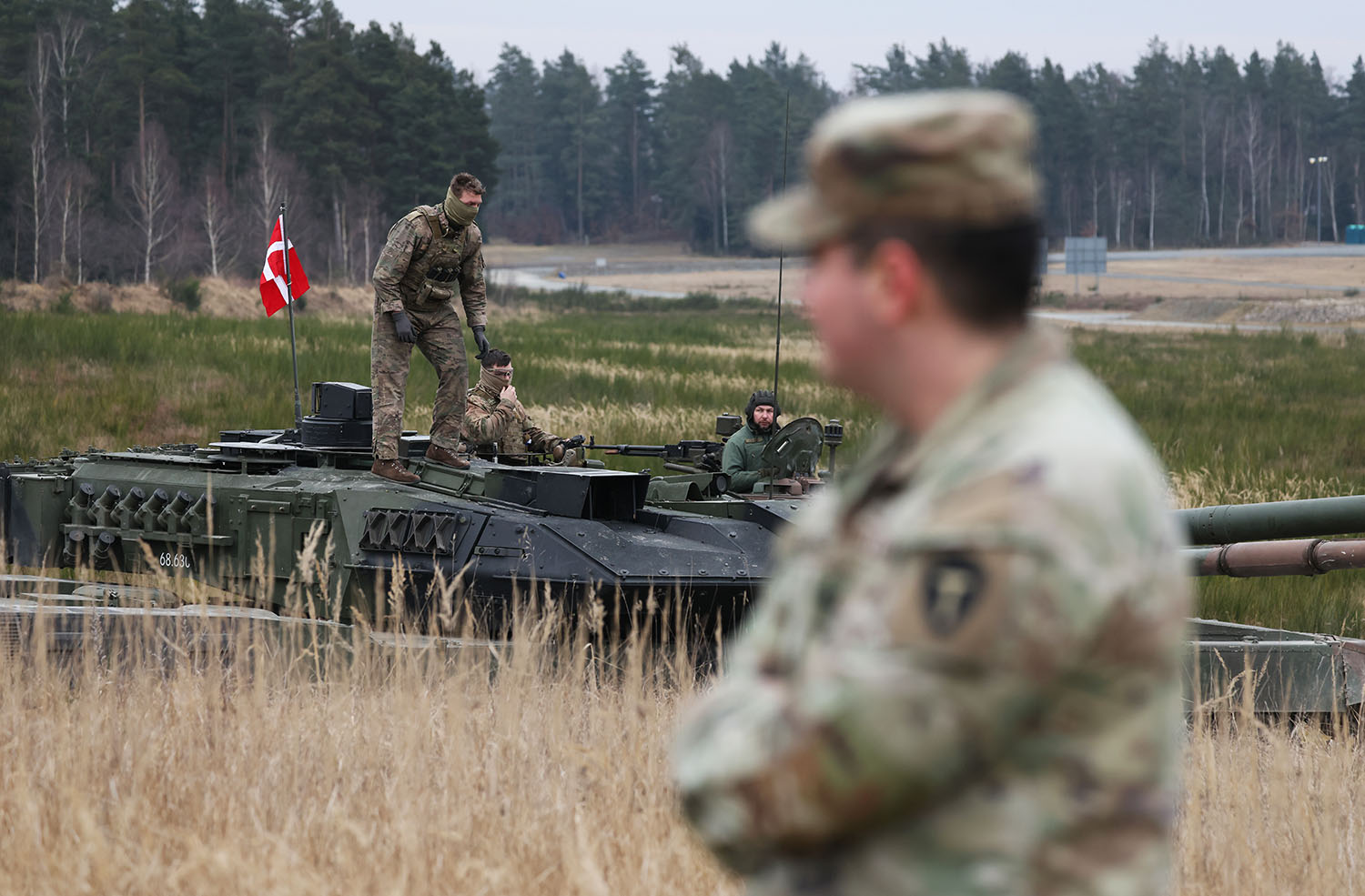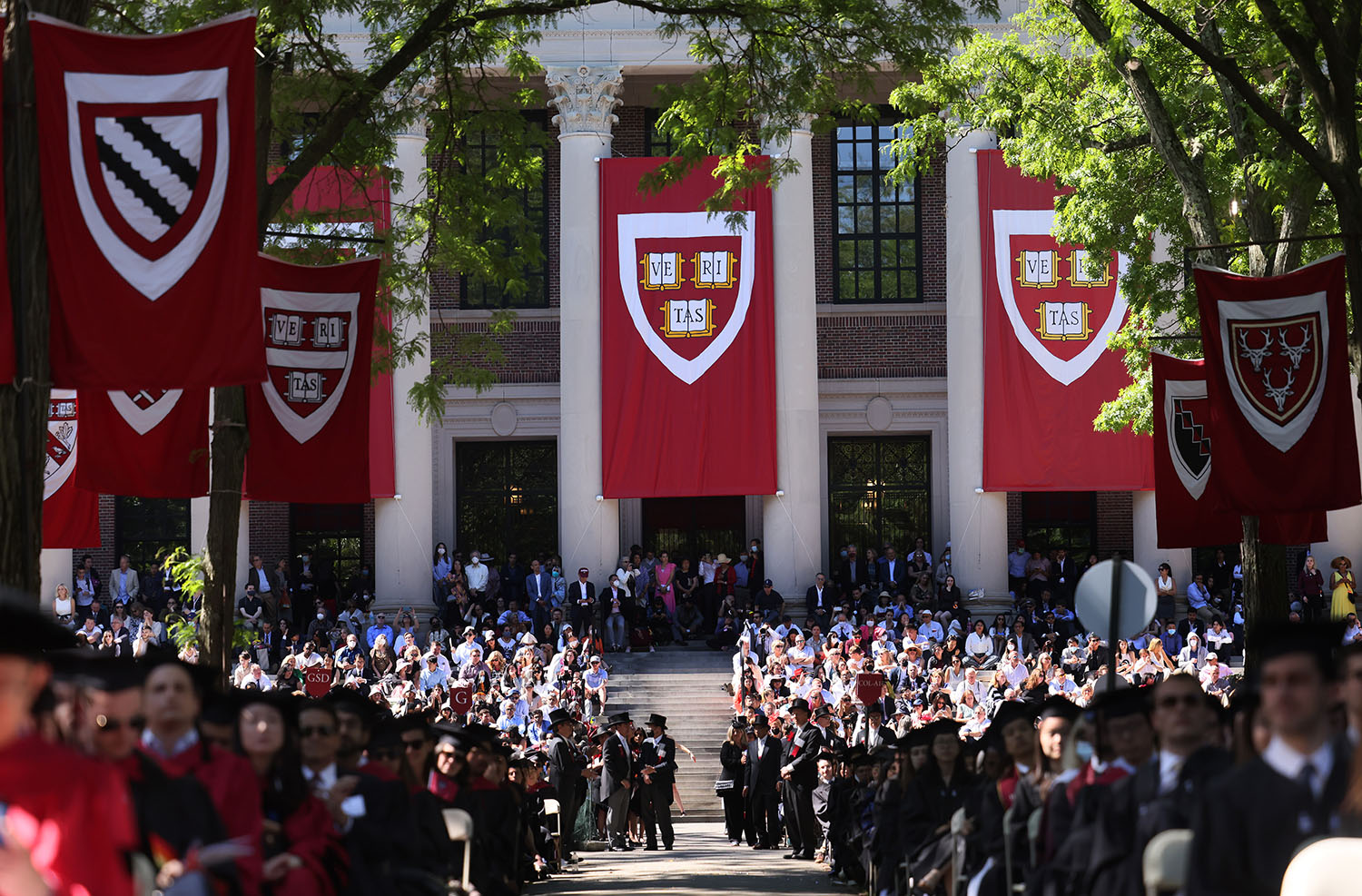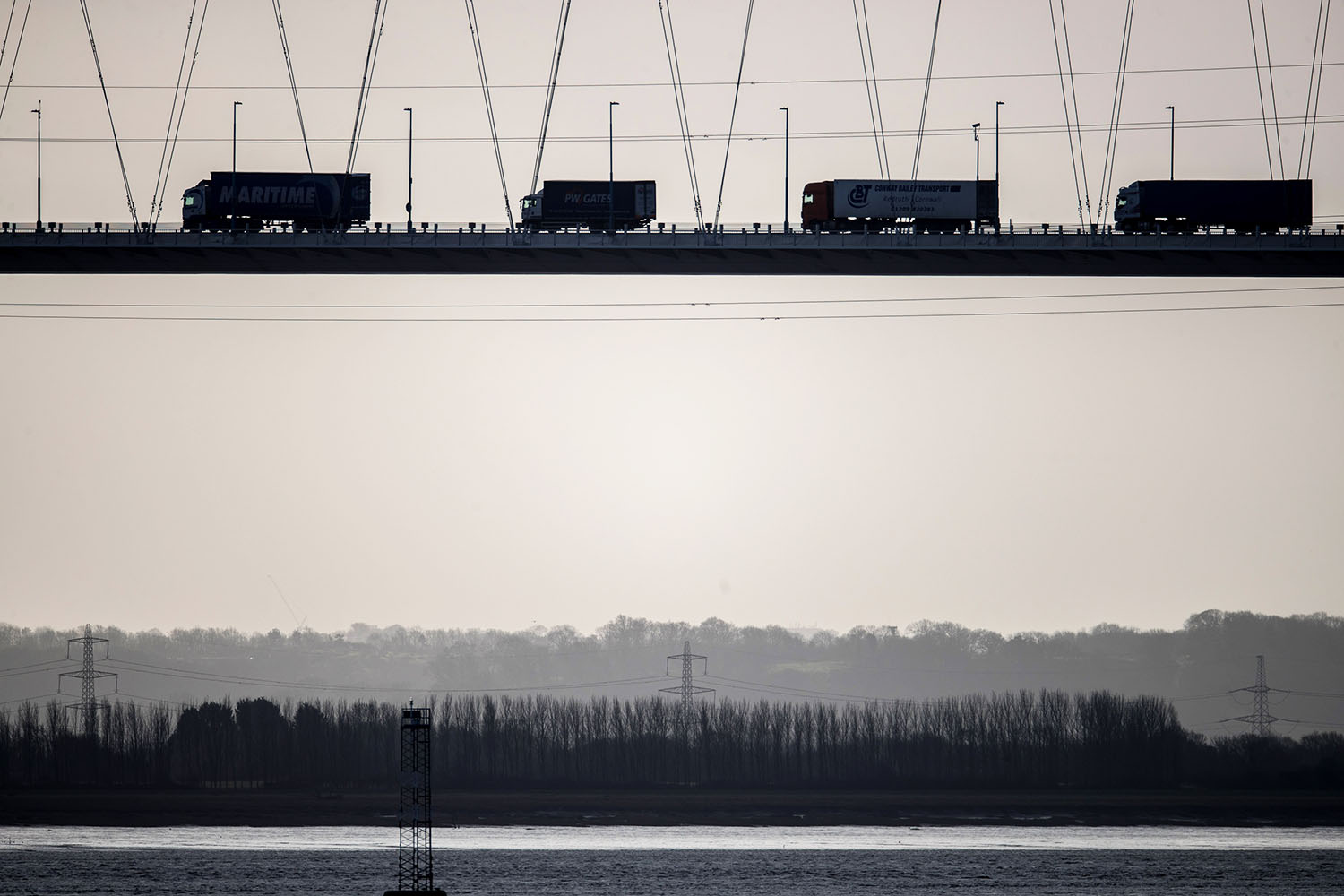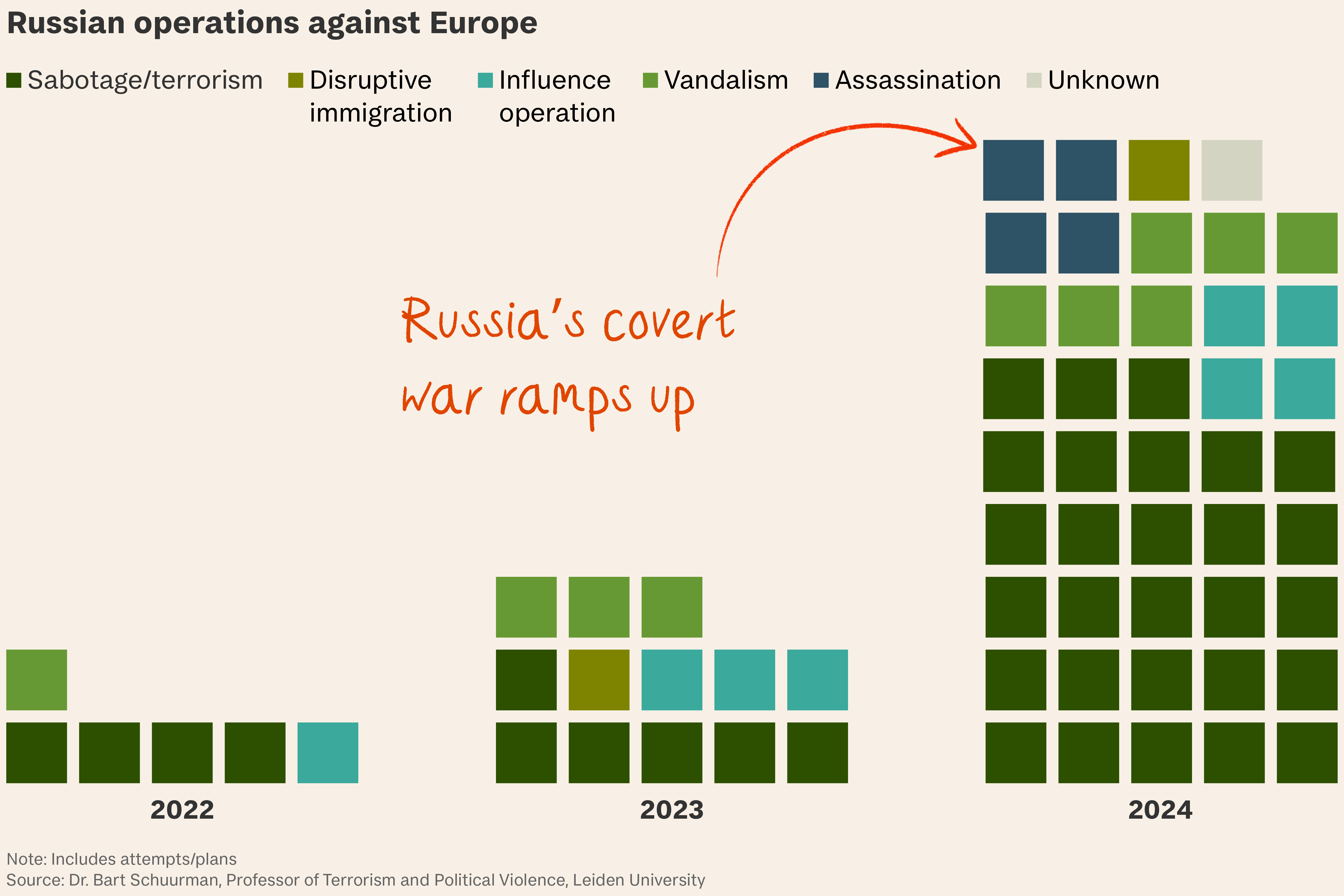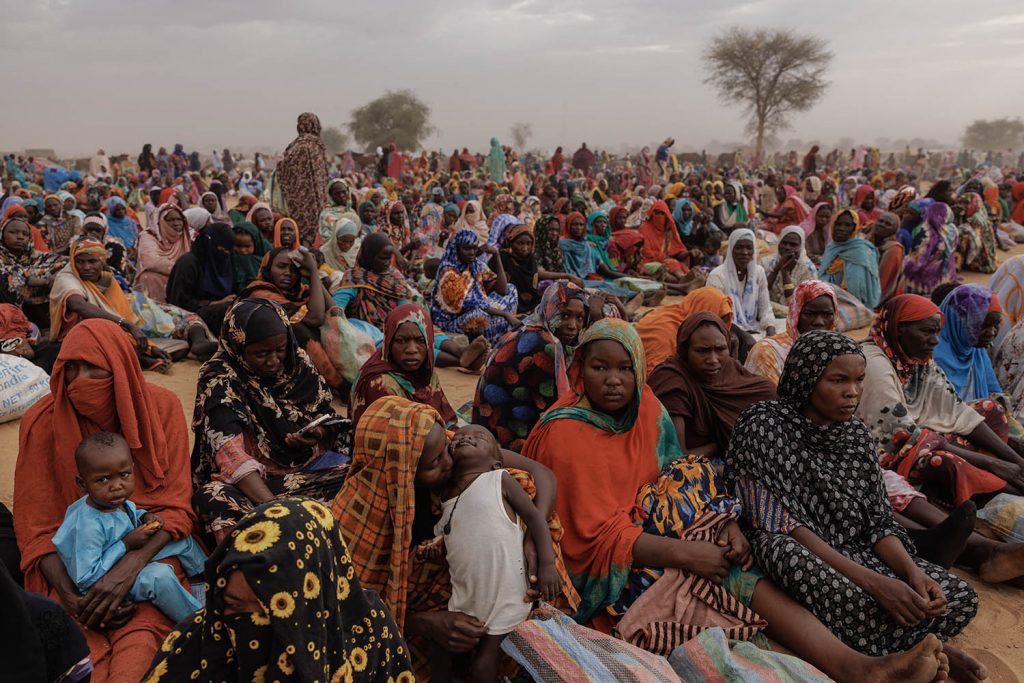
At least 124 people were killed last week in Sudan during attacks by the RSF paramilitary group in villages across the Al Jazirah state, just south of Khartoum. Fighters also looted homes, took hostages and raped women.
The attacks were in apparent revenge for a prominent commander’s decision to switch sides – but fighting has intensified as the rainy season ends and the country’s military regains territory.
So more people are fleeing their homes: nearly 30 per cent of Sudan’s population has now been displaced, with 11 million people internally displaced and another three million crossing borders, mainly towards Chad and South Sudan.
There are also reports of Sudanese refugees moving towards the Mediterranean and Europe, says Anne-Marie Schryer-Roy from the International Rescue Committee. “It would be naive of us to think that this will not increase if the conflict doesn’t stop,” she says. And the conflict shows no sign of stopping.
The host countries for Sudanese refugees are already strained in terms of resources.
- Chad now hosts over a million Sudanese refugees – mostly women and children – with around 49,000 arriving in the past month alone. They’re fleeing fighting along the Sudanese-Chadian border, especially in Al Fashir, the capital of Sudan’s Darfur region and the last significant outpost of the Sudanese army.
- South Sudan, a country where around nine million people already need humanitarian help, is now home to around 800,000 Sudanese refugees.
The humanitarian response, Schryer-Roy says, remains severely underfunded. The humanitarian needs and response plan – the coordinated response managed by OCHA – is only funded to the tune of
- 27 per cent in eastern Chad;
- 58 per cent in South Sudan; and
- 23 per cent for Sudanese refugees in the whole region.
The recent escalation has accelerated calls for the UN to deploy a mission to protect civilians. But on Monday the UN chief António Guterres told the security council that “at present, the conditions do not exist for the successful deployment” of one.
Beyond displacement. Guterres listed a series of other nightmares that the Sudanese people have been facing since the start of the war, including
- violence – with civilian killings and widespread sexual assaults;
- hunger – as more than 750,000 face catastrophic food insecurity; and
- disease – with cholera, malaria, dengue fever, measles and rubella spreading fast.
All diplomatic efforts to end the war so far have failed.

